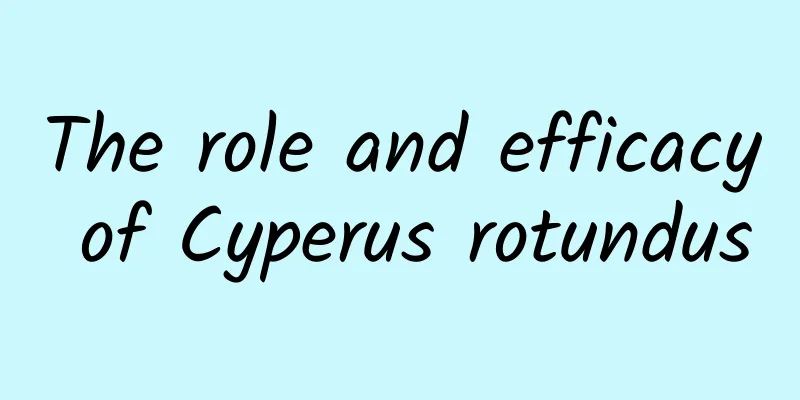Can patients with uremia eat ginseng?

|
The impact and harm caused by uremia to people are very serious, so we must pay attention to active treatment to reduce the harm as much as possible. Patients with uremia can actually eat ginseng, which has certain conditioning and auxiliary treatment effects. Because ginseng can effectively improve our body's immune ability, it is helpful for some patients with uremia or chronic renal failure. Ginseng has the function of replenishing qi and promoting body fluid, entering the spleen and lung meridians, and greatly replenishing vital energy. The active ingredient of ginseng is ginsenoside, which can enhance immunity and is of certain help to patients with chronic renal failure. Red ginseng is warm in nature, while American ginseng is cool in nature. They have different functions and are used to treat different diseases. Stewing red ginseng and taking it has the effects of replenishing qi, tonifying deficiency, and replenishing qi and producing blood, with excellent results. American ginseng has the effect of invigorating qi and promoting salivation, and is very effective for patients with shortness of breath, laziness to speak, dry mouth and tongue. When qi deficiency occurs in the late or terminal stage of uremia, wild ginseng can be boiled into a soup and taken. (1) Dietary therapy. A low-protein diet can prevent the accumulation of nitrogen-containing metabolic waste and toxins in the body, which can further deteriorate kidney function. A low-phosphorus diet can reduce calcium deposition in the remaining renal units. Providing sufficient calories to reduce protein decomposition is helpful in alleviating azotemia. In general, carbohydrates should account for 40% of the diet, and fat should account for 30% to 40%. (2) Treatment of hypertension. Effective control of hypertension can slow down the deterioration of the disease. Commonly used drugs are as follows: a. Diuretics; b. Calcium ion antagonists; c. β-receptor blockers; da-receptor blockers; e. ACEI, ARB, etc. (3) Use of calcium ion antagonists, such as nitroglycerin. (4) Oral administration of adsorbents such as oxidized starch, Urea Clear, Shenshuai Ning, and Haikun Shenxi Capsules can reduce blood urea nitrogen. (5) Oral calcium and vitamins are taken to treat renal osteodystrophy. (6) Increasing the intake of iron and folic acid can help improve renal anemia, and erythropoietin can be used if necessary. From the above introduction, we can know that patients with uremia can take ginseng appropriately, but it should also be noted that this disease must be treated scientifically, whether it is using drugs or other health products. If you don’t understand it, it is recommended to follow the doctor’s treatment advice and use scientific medications to ensure health. |
<<: What is white in the human body?
Recommend
We all know that playing with mobile phones is harmful to our eyes, but did you know that it can also shorten your life?
Sitting in front of the computer for 8 hours at w...
What are the ingredients of Cynomorium Songaricum Bushen Capsule?
Cynomorium songaricum is a very common Chinese he...
The efficacy and function of water strider
As a traditional Chinese medicine, water strider ...
New breakthrough in the technology of artificially synthesizing starch with carbon dioxide. Is it far from the time when "drinking northwest wind" becomes a fashion?
Recently, Chinese scientists have made breakthrou...
The efficacy and function of sheep tripe
Although Western medicine and Western drugs are m...
What medicine should I take for low blood pressure?
Hypotension is a very common phenomenon in normal...
The efficacy and function of Clover
There are many common Chinese medicinal materials...
A strange transient was discovered, ejecting 10% of the mass of the sun at a speed exceeding 55% of the speed of light
Astronomers have discovered a new astronomical tr...
When did female astronauts appear on the historical stage? What advantages do they have in exploring space?
In every manned space flight mission, female astr...
The efficacy and function of eagle claw
Many people are not very clear about the effects ...
What are the effects of drinking Scutellaria baicalensis soaked in water?
Whether in school or office, many people who are ...
How to handle wolfberry paste?
Wolfberry is a good medicine for nourishing and m...
The efficacy and function of rice and wheat noodles
Traditional Chinese medicine is a Chinese traditi...
A Canadian company has developed a "quantum invisible" material. Harry Potter's "invisibility cloak" may not be far away
The Harry Potter series of novels and movies can ...









